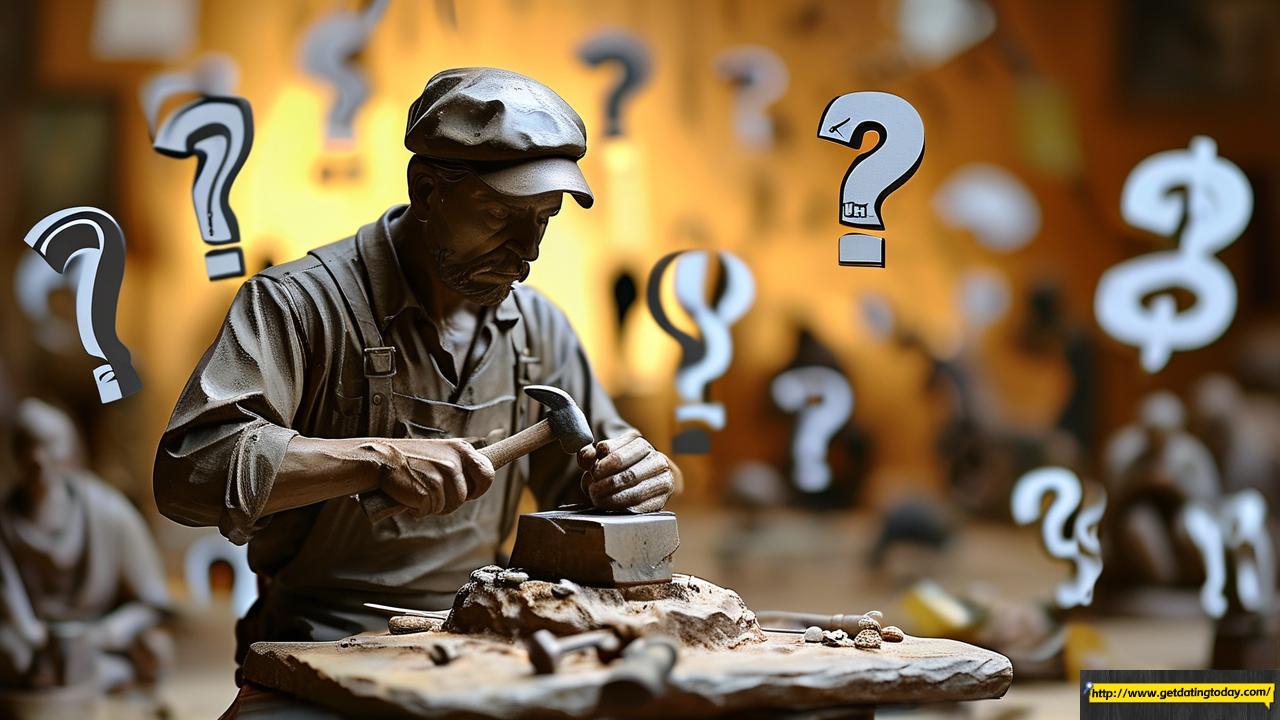Have you ever noticed how the most vibrant gardens aren’t the ones where someone obsessively tends to the plants, but rather where the gardener first learns to nourish the soil? Love works in a similar way. Lasting relationships don’t bloom from frantic searching for “the one,” but from cultivating the ground within ourselves. Let’s explore how self-improvement isn’t just a solo journey—it’s the secret ingredient to attracting and sustaining love that feels like coming home.

The Mirror Effect: Why Your Relationship with Yourself Sets the Tone
Imagine walking into a room holding a cracked mirror. No matter how hard you try to reflect something beautiful, the image stays fragmented. Relationships operate like that mirror. Studies self-esteem are 40% more likely to perceive conflicts as catastrophic, turning minor disagreements into emotional earthquakes. When you invest in self-awareness—through therapy, journaling, or mindfulness—you’re polishing that mirror. Suddenly, you stop projecting insecurities onto your partner and start seeing them—and yourself—with clarity. It’s like upgrading from a foggy bathroom mirror to a high-definition camera lens.

The Magnetism of Growth: How Curiosity Outshines Perfection
Let’s debunk a myth: nobody wants a “perfect” partner. Perfection is static; growth is magnetic. Think of those early dates where someone passionately discusses their pottery class mishaps or their newfound love for hiking. Stanford research reveals that people who embrace a “growth mindset” in relationships report 34% higher satisfaction levels. Why? Because they view challenges as puzzles to solve together, not threats. It’s the difference between wanting to impress someone with a rehearsed piano piece versus inviting them to duet on a slightly out-of-tune guitar. The latter creates connection; the former just creates performance anxiety.
Emotional GPS: Navigating Conflict with Self-Improved Tools

Every couple hits roadblocks—the real test is whether you’re armed with a compass or just a broken map. When you’ve worked on emotional regulation (say, through meditation or communication workshops), arguments transform from wildfires into controlled burns. Picture this: instead of yelling “You never listen!” during a fight, you might pause and say, “I feel unheard—can we restart?” Neuroscience tells us that this simple shift activates the brain’s problem-solving regions instead of its fight-or-flight response. It’s like swapping a sledgehammer for a sculptor’s chisel during disagreements.

The Ripple Effect: How Your Growth Inspires Theirs
Self-improvement isn’t selfish—it’s contagious. When one partner starts prioritizing health, setting boundaries, or pursuing passions, it creates a positive feedback loop. Think of it as emotional cross-training. A 2022 couples’ study found that when one person attended therapy, their partner showed measurable increases in empathy—even without direct intervention. It’s like planting a single fruit tree that eventually nourishes the whole neighborhood. Your courage to face personal shadows gives others permission to do the same, turning your relationship into a greenhouse for mutual evolution.

Attraction 2.0: When Depth Outweighs Sparkle
Sure, chemistry matters—but what sustains attraction over decades? It’s not six-pack abs or filtered Instagram posts. It’s the kind of self-improvement that breeds substance: emotional availability, intellectual curiosity who engage in novel experiences together (like taking a cooking class or volunteering) experience dopamine surges comparable to early romantic stages. Now imagine combining that with the security of personal growth—it’s like layering the thrill of a rollercoaster with the comfort of a favorite sweater. That’s the sweet spot where lasting passion lives.

The Practical Alchemy: Turning Self-Work into Relationship Gold
Start small. Dedicate 20 minutes daily to a hobby that makes your eyes light up. Practice “emotional stretching” by initiating vulnerable conversations. Track your progress—not just in goals achieved, but in how you recover from setbacks. Remember, self-improvement isn’t about becoming someone new; it’s about uncovering the best version that already exists within you. As you do, you’ll naturally attract people who resonate with your authenticity. It’s like tuning a radio—when you’re clear on your frequency, the right signals come through without static.
Love isn’t about finding someone to complete you—it’s about meeting someone who inspires you to keep completing yourself. The healthiest relationships aren’t two halves clinging together, but two whole beings choosingined but each reaching toward their own sunlight. Start watering your own garden, and watch how the butterflies—the right kind—begin to linger.
